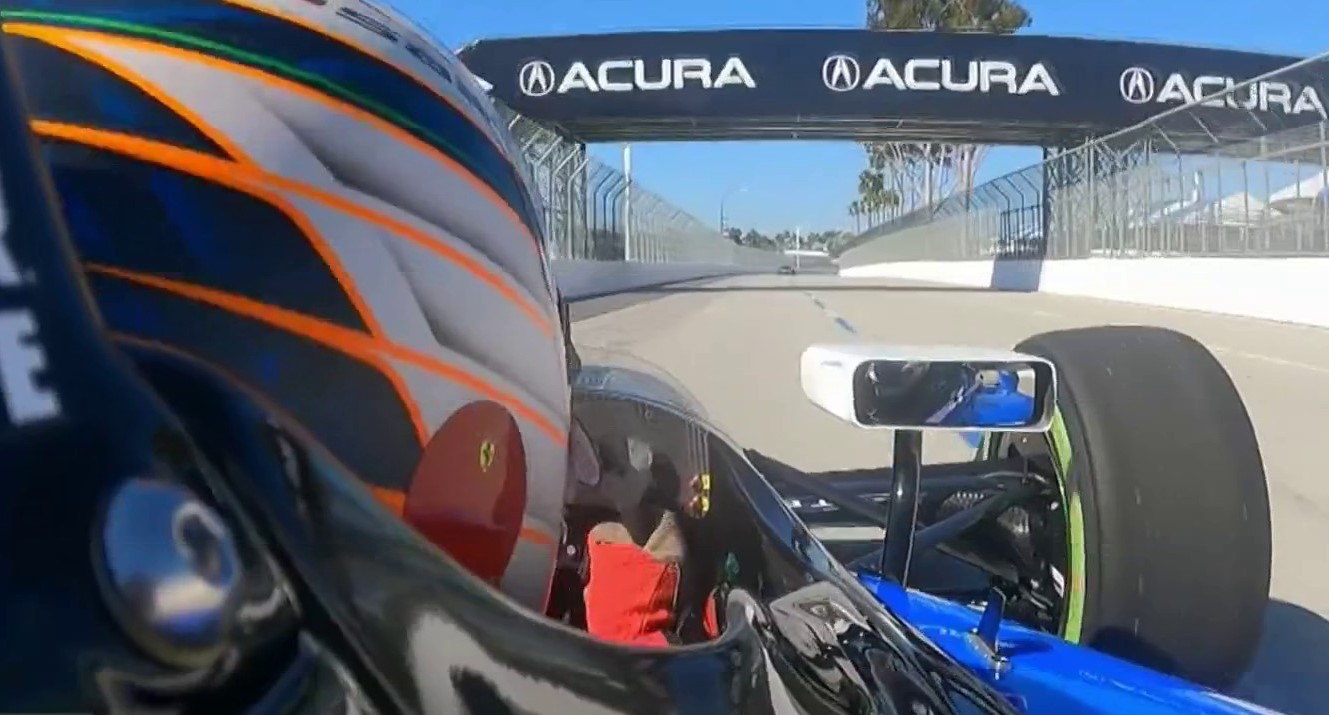A state lawmaker wants to establish basic standards for the short-term day care centers that are growing in popularity at fitness centers, shopping malls, grocery stores and other businesses.
Unlike full-time child care providers that are regulated by the state Department of Social Services, the so-called drop-off centers are not licensed or required to follow any regulations. SB766, by state Sen. Leland Yee, D-San Francisco, would provide some basic protections for families.
"There's just more and more groups that are utilizing this as a way of attracting customers," said Yee, a child psychologist.
His bill would require workers at drop-in day care centers to undergo criminal background checks and be at least 18 years old. It also would mandate a minimum ratio of one caretaker for every 10 children up to age 6 and one worker for every 15 children age 7 and up.
The bill will be heard for the first time Tuesday in a Senate committee.
Yee's office said drop-in day cares are exempt from licensing because parents and guardians are on the same premises. Licensed child care centers must meet stringent health and safety requirements, as well as maintain a certain ratio of workers to children.
Yee said the catalyst for his bill came from a toddler who suffered a cut on his forehead when he fell in the child care area of a California Family Fitness center in Sacramento.
Local
Get Los Angeles's latest local news on crime, entertainment, weather, schools, COVID, cost of living and more. Here's your go-to source for today's LA news.
Mark Magee and his wife, Lucinda Winward, said their 4-year-old son, Jack, tripped and fell on a miniature kitchen set when he was 21 months old in December 2011. That left a permanent scar from 10 stitches on his forehead.
The family is now suing the fitness chain in a case that is expected to go to trial in June.
The parents said they were unaware that the gym's day care center was not regulated and believe that California Family Fitness created an unsafe environment for their son.
"All the representation that they made to us never made us reasonably question that they weren't a licensed facility," Magee said.
The couple and their attorney, Ognian Gavrilov, support Yee's bill.
"Having rules in place kind of reduces the chances of accidents," Gavrilov said. "That's why we have speeding rules on the freeway."
The owners of the fitness chain say Yee is overreacting.
California Family Fitness says its standards exceed the ratios and requirements proposed in Yee's bill. They dispute the couple's account of the accident and say Yee is misrepresenting its facilities and staffing levels to advance his bill.
As pioneers of day care centers at gyms, co-founders Larry Gury and Russ Kuhn said they built their company's reputation around catering to families and defend their child care facilities as top-notch.
California Family Fitness has children's centers at 15 of its 16 Sacramento-area gyms, which are visited by an average of 1,800 children each day.
"We're an expert in this area," Gury said in an interview. "We're proud, and anyone can look at anything they want in here. We know we don't have accidents."
Yee said the bill is not about the gym but rather tries to address the need for statewide standards.
"I don't wish any negative publicity on anybody, and I don't want anybody to be hurt," he said. "But this bill is not so much about them as the entire industry, where more and more companies are utilizing these child-care facilities, and trying to be proactive and ensure that kids are not going to get hurt."
Rachel Pocus, 28, of Sacramento, placed her two sons, ages 3 and 1 1/2, in one of the California Family Fitness child care centers last week while she worked out. She said she didn't realize the center was not regulated, but said there did not seem to be a need for the state's involvement.
"I feel like any parent can come and check, and if they're not comfortable with it they can take their kids home," Pocus said. "I just feel like there's so much government regulation and there's already not enough money for everything that I don't think it's necessary."



